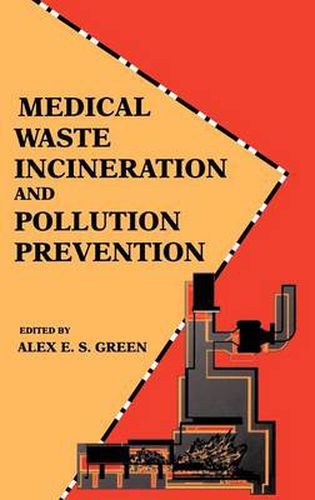Readings Newsletter
Become a Readings Member to make your shopping experience even easier.
Sign in or sign up for free!
You’re not far away from qualifying for FREE standard shipping within Australia
You’ve qualified for FREE standard shipping within Australia
The cart is loading…






This title is printed to order. This book may have been self-published. If so, we cannot guarantee the quality of the content. In the main most books will have gone through the editing process however some may not. We therefore suggest that you be aware of this before ordering this book. If in doubt check either the author or publisher’s details as we are unable to accept any returns unless they are faulty. Please contact us if you have any questions.
The annual cost of medical care in the U niled States is rapidly approaching a trillion dollars. Without doubt, much of the rise in costs is due to our health industry’s concentration on high technology remediation and risk avoidance measures. From recent public discussions it is becoming in- creasingly evident that to contain the costs and at the same time extend the benefits of health care without national bankruptcy will necessitate much greater attention to preventative medicine. The total cost of waste disposal by our health industry is well over a billion dollars. It is rising rapidly as we increasingly rely on high technol- ogy remediation measures. Here, too, in the opinion of the authors of this work, it would be prudent to give much greater attention to preventative approaches. Incineration technology has largely been developed for disposing mu- nicipal solid waste (MSW) and hazardous waste (HW). As a result of the multibillion dollar funding for the Resource Conservation and Recovery Act (RCRA), most experts believe that pollution control is the key to minimizing toxic emissions from incinerators. This view is now beginning to take hold in medical waste (MW) incineration as well. However, the authors contributing to this book have concluded that precombustion measures can be most effective in reducing the toxic products of medical waste incineration.
$9.00 standard shipping within Australia
FREE standard shipping within Australia for orders over $100.00
Express & International shipping calculated at checkout
This title is printed to order. This book may have been self-published. If so, we cannot guarantee the quality of the content. In the main most books will have gone through the editing process however some may not. We therefore suggest that you be aware of this before ordering this book. If in doubt check either the author or publisher’s details as we are unable to accept any returns unless they are faulty. Please contact us if you have any questions.
The annual cost of medical care in the U niled States is rapidly approaching a trillion dollars. Without doubt, much of the rise in costs is due to our health industry’s concentration on high technology remediation and risk avoidance measures. From recent public discussions it is becoming in- creasingly evident that to contain the costs and at the same time extend the benefits of health care without national bankruptcy will necessitate much greater attention to preventative medicine. The total cost of waste disposal by our health industry is well over a billion dollars. It is rising rapidly as we increasingly rely on high technol- ogy remediation measures. Here, too, in the opinion of the authors of this work, it would be prudent to give much greater attention to preventative approaches. Incineration technology has largely been developed for disposing mu- nicipal solid waste (MSW) and hazardous waste (HW). As a result of the multibillion dollar funding for the Resource Conservation and Recovery Act (RCRA), most experts believe that pollution control is the key to minimizing toxic emissions from incinerators. This view is now beginning to take hold in medical waste (MW) incineration as well. However, the authors contributing to this book have concluded that precombustion measures can be most effective in reducing the toxic products of medical waste incineration.